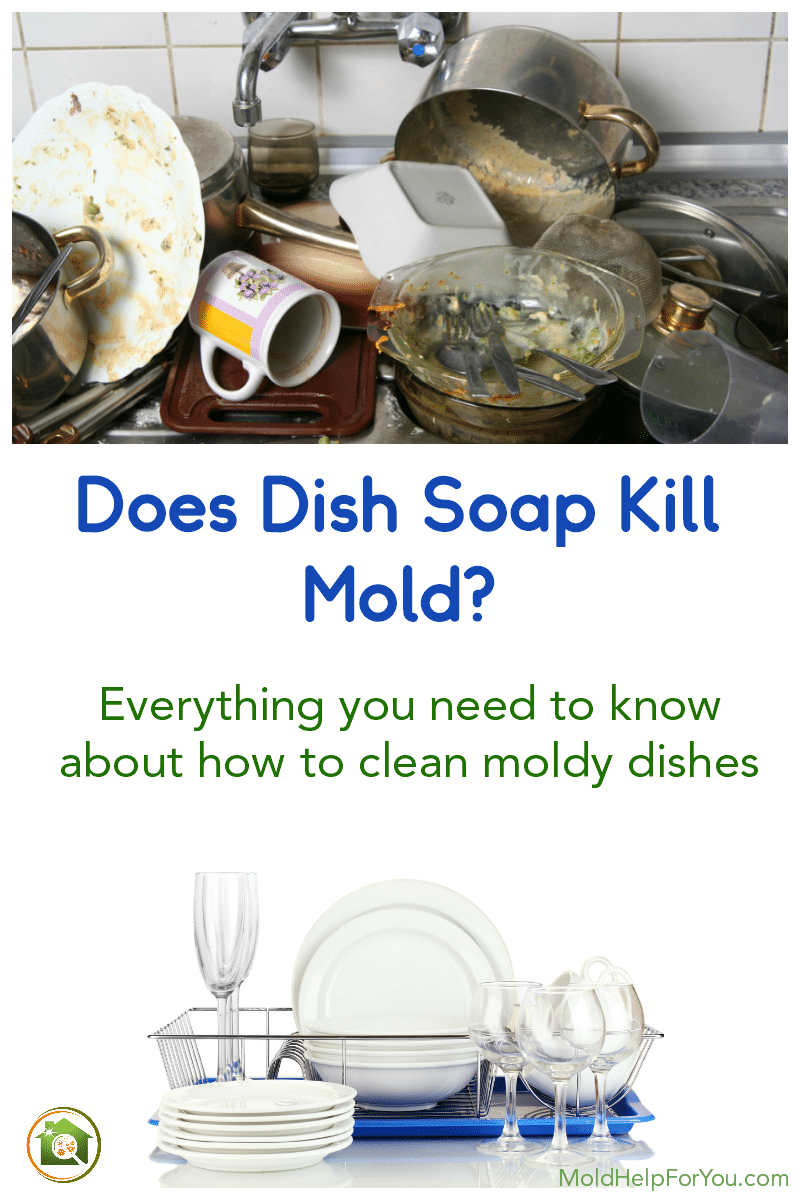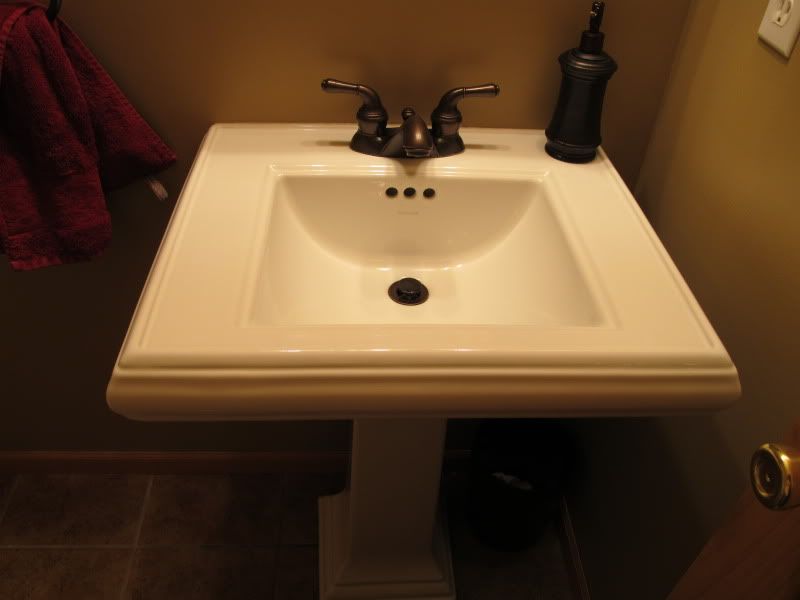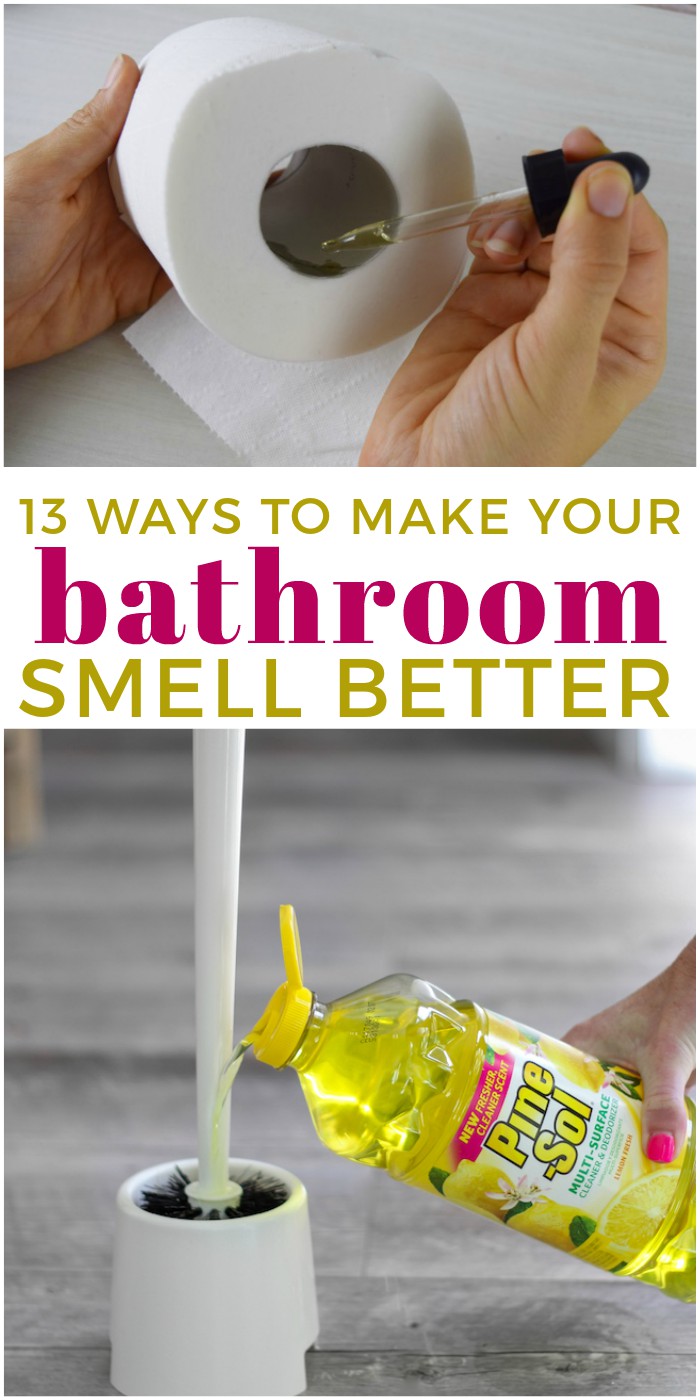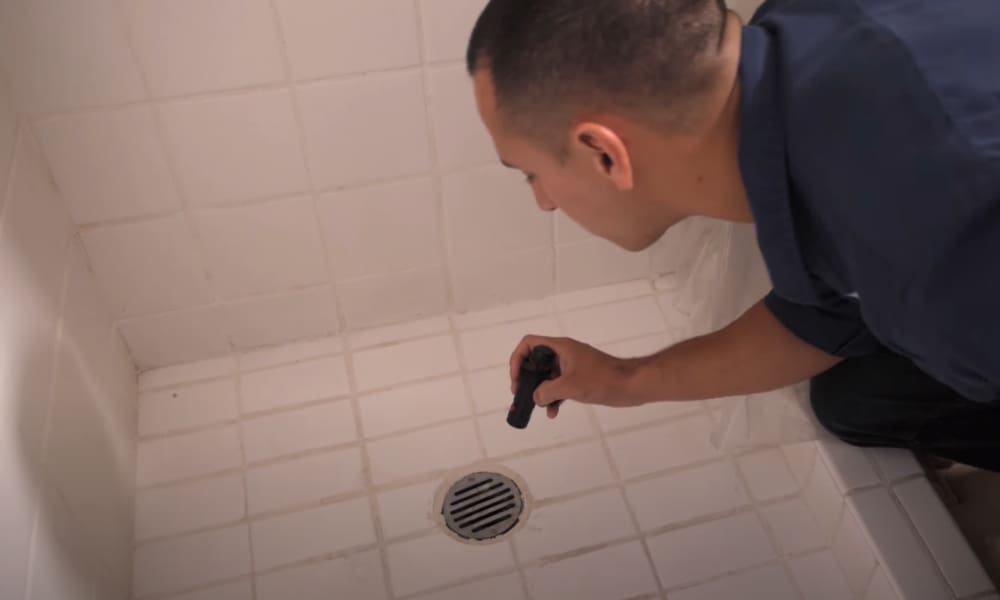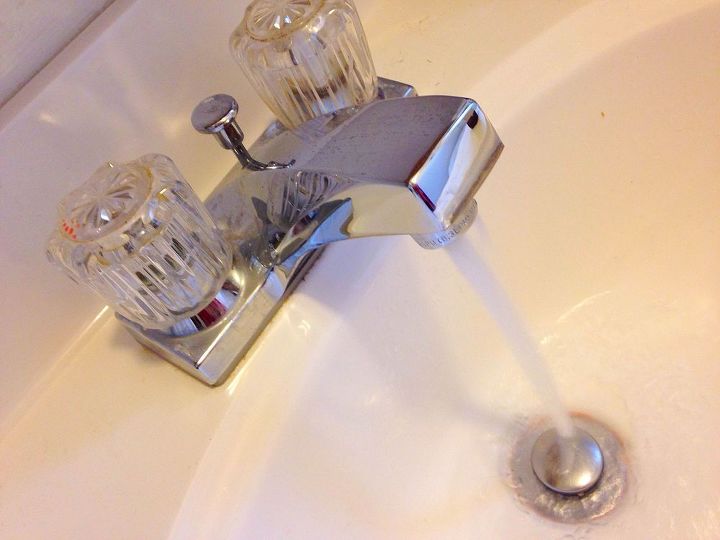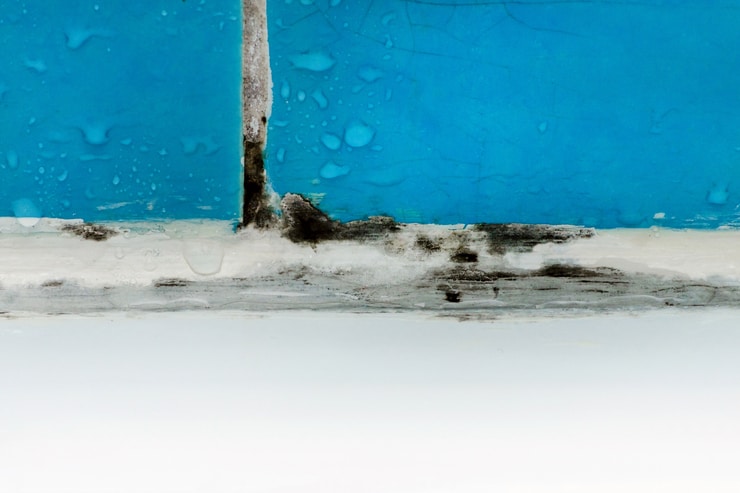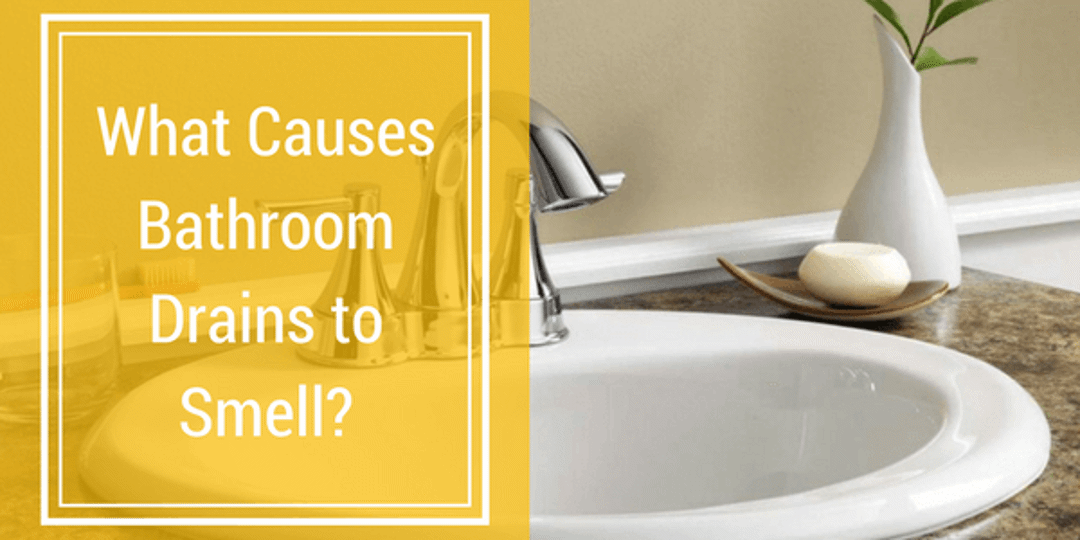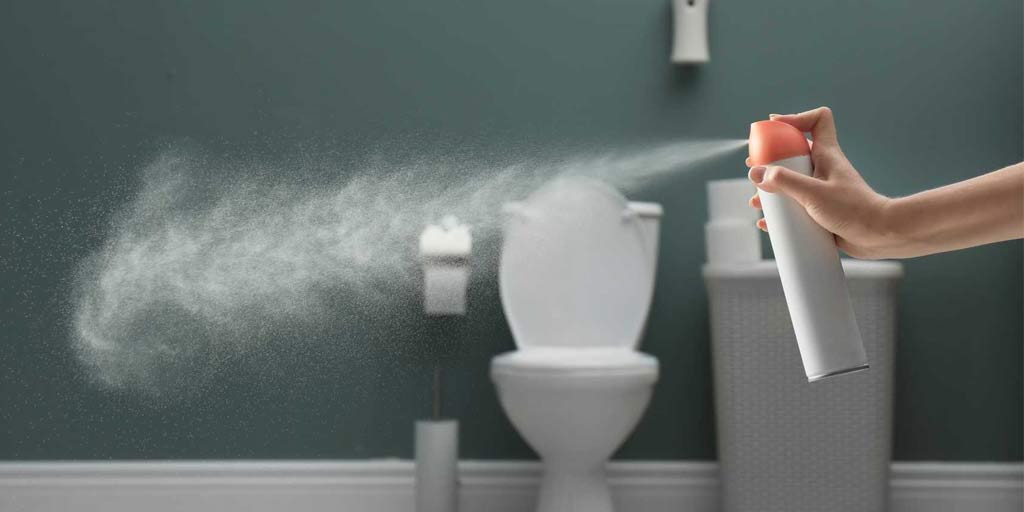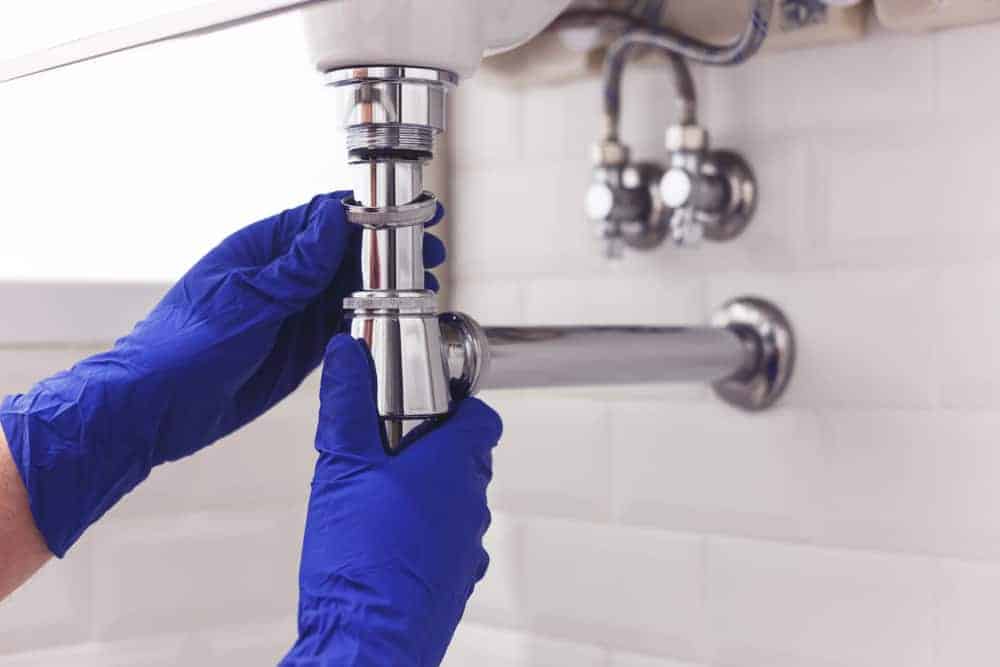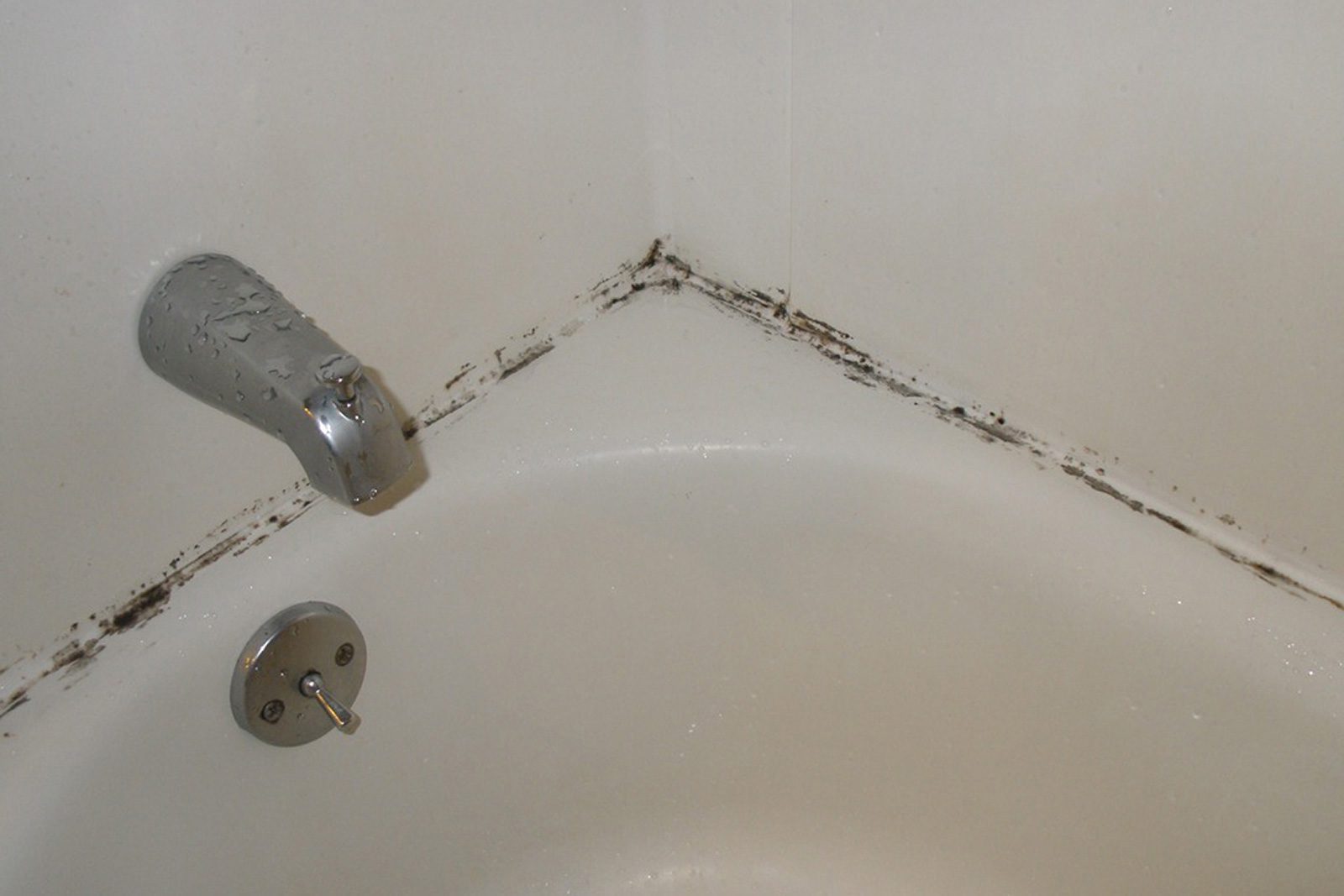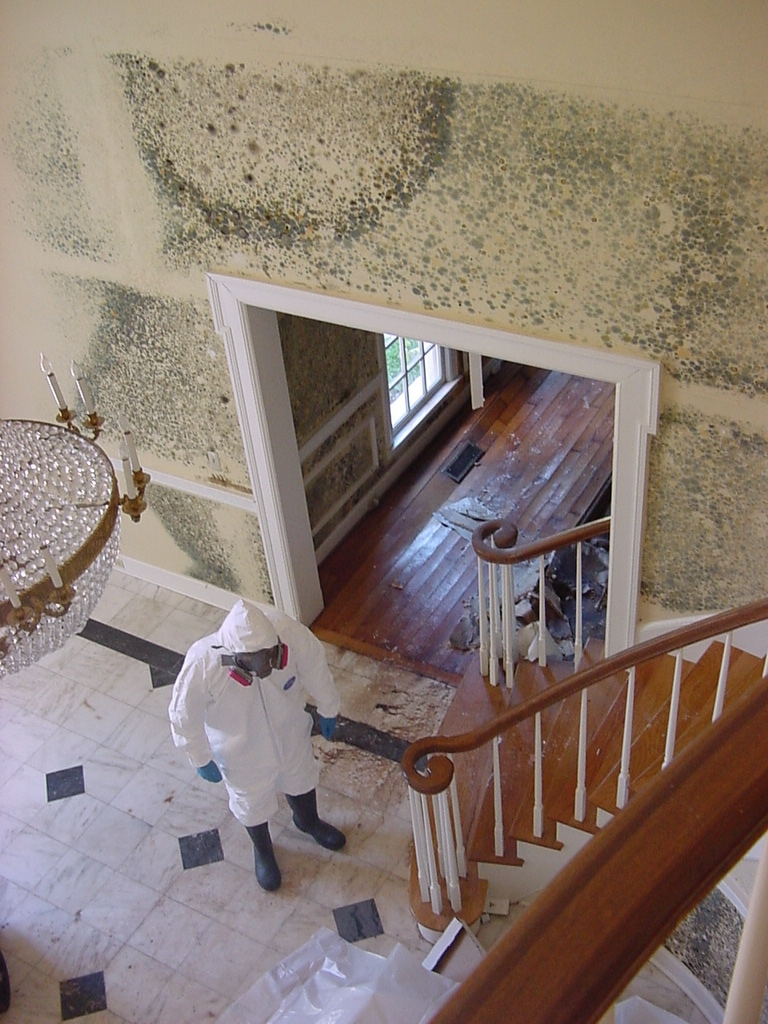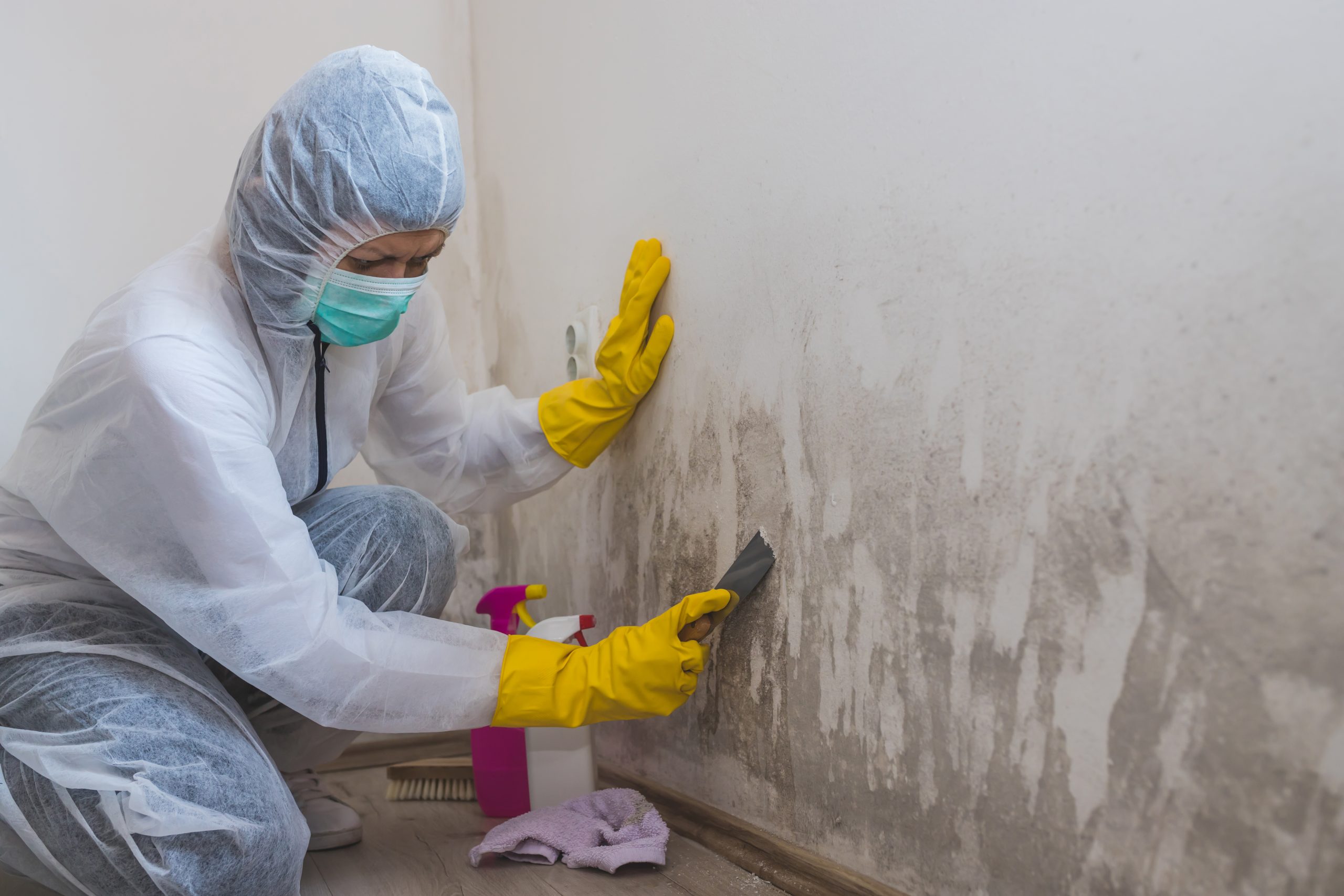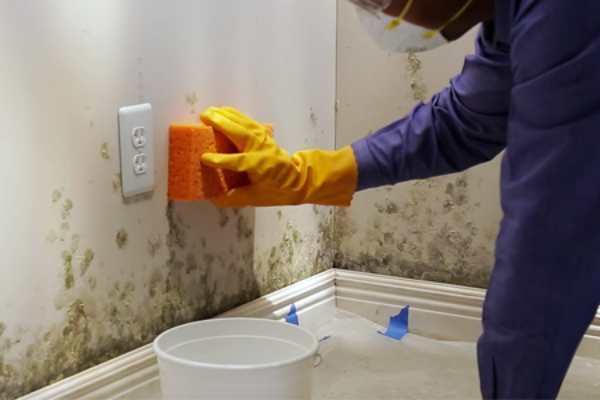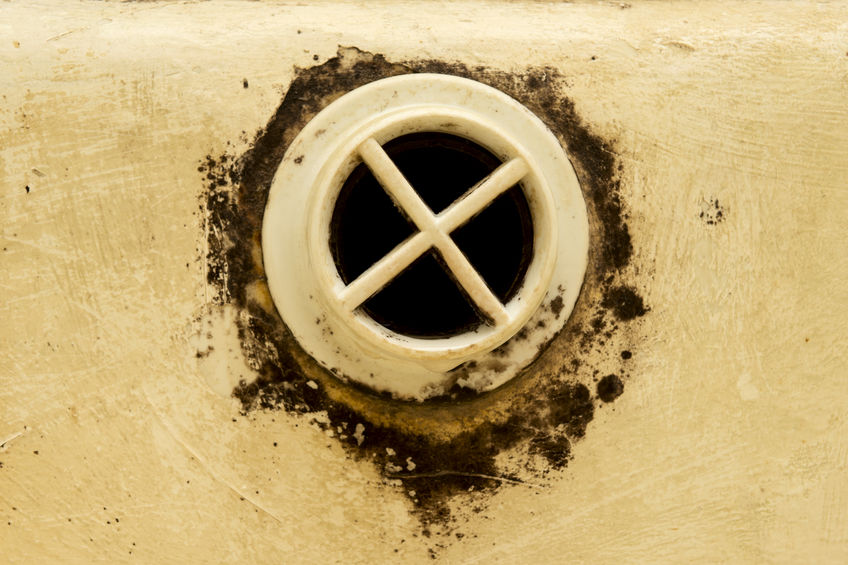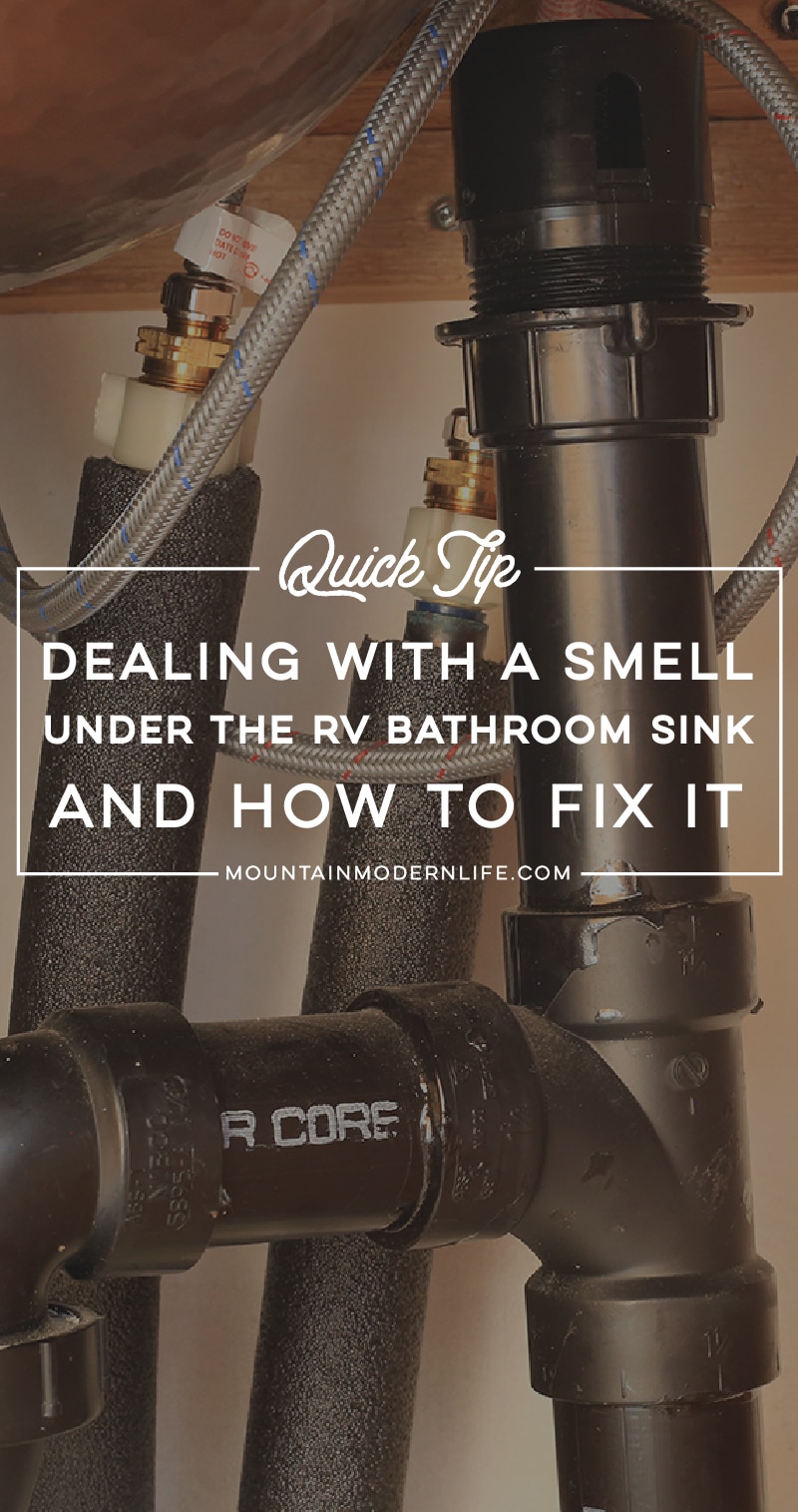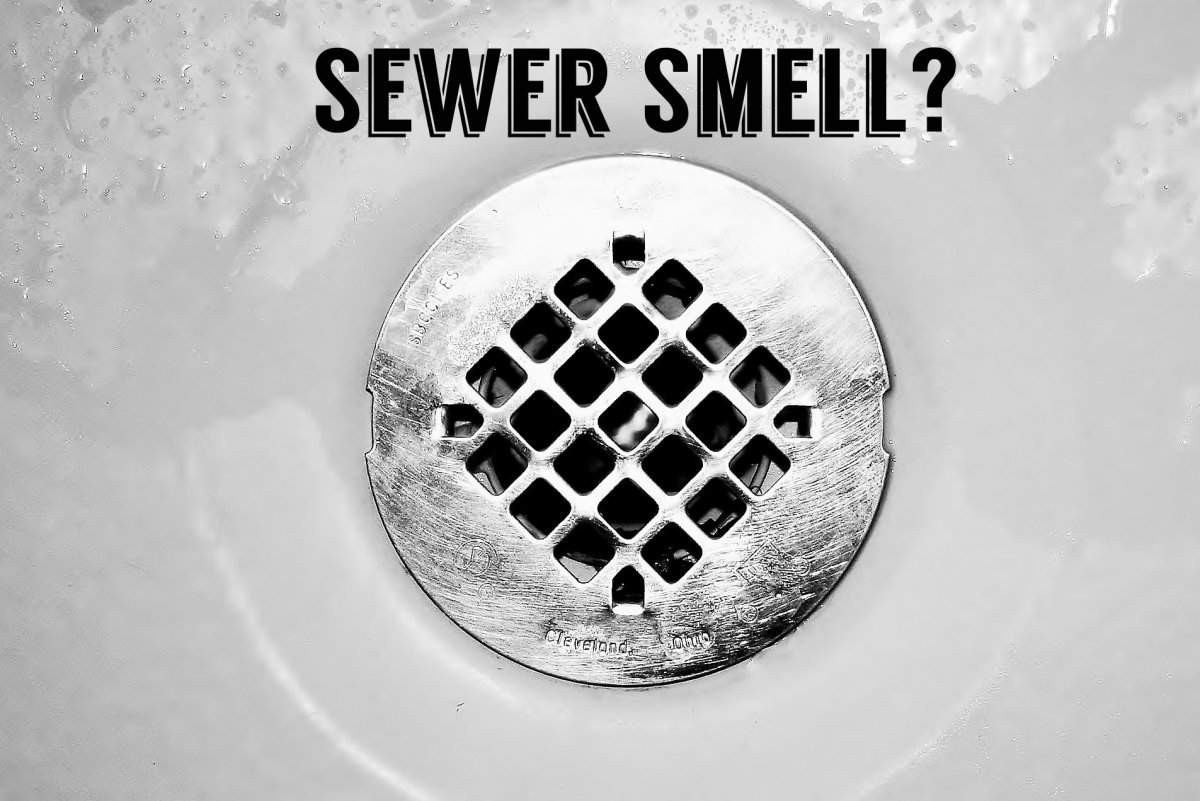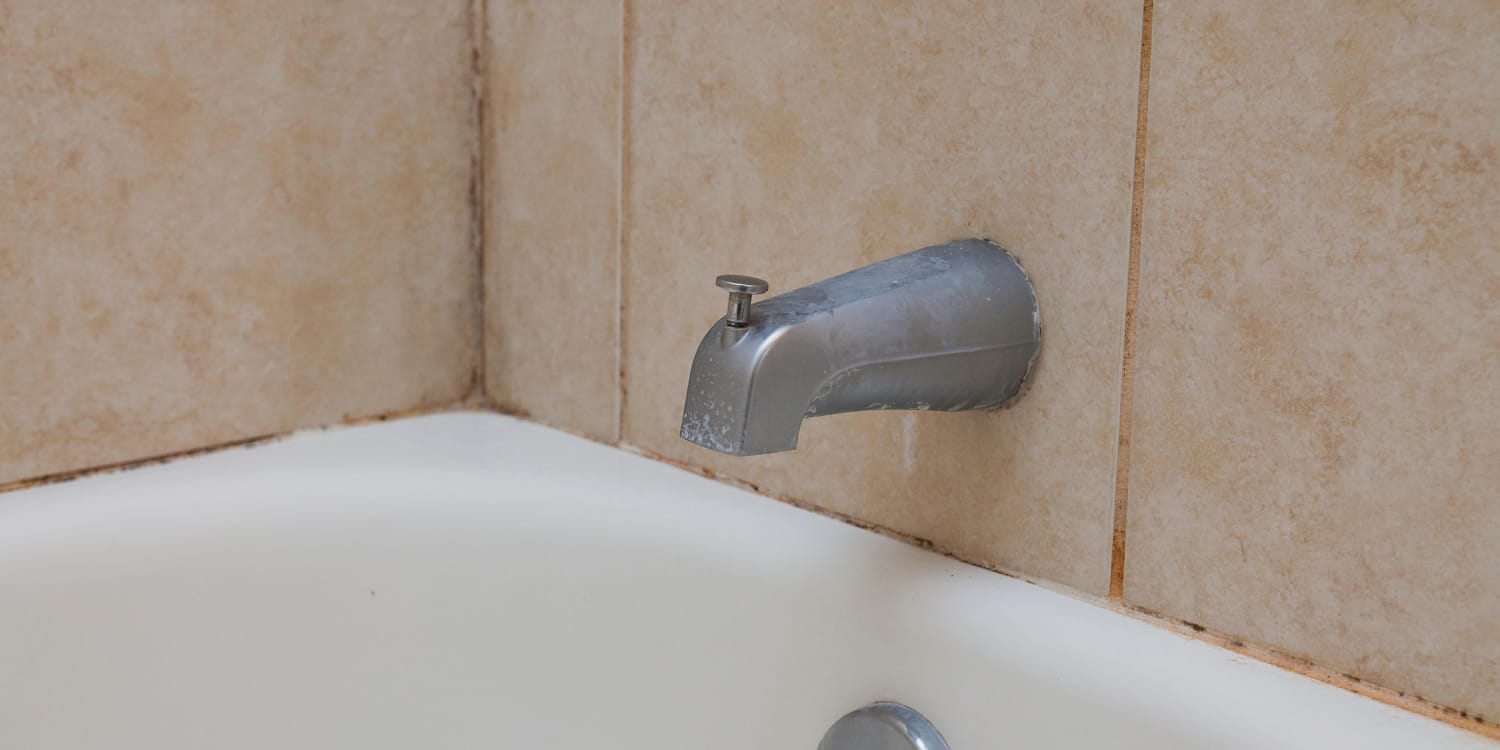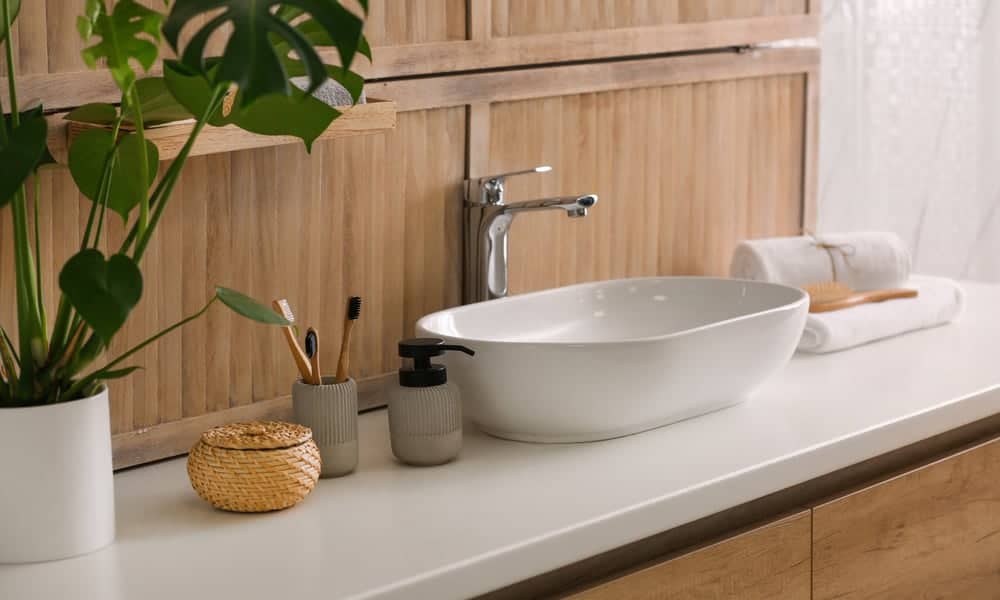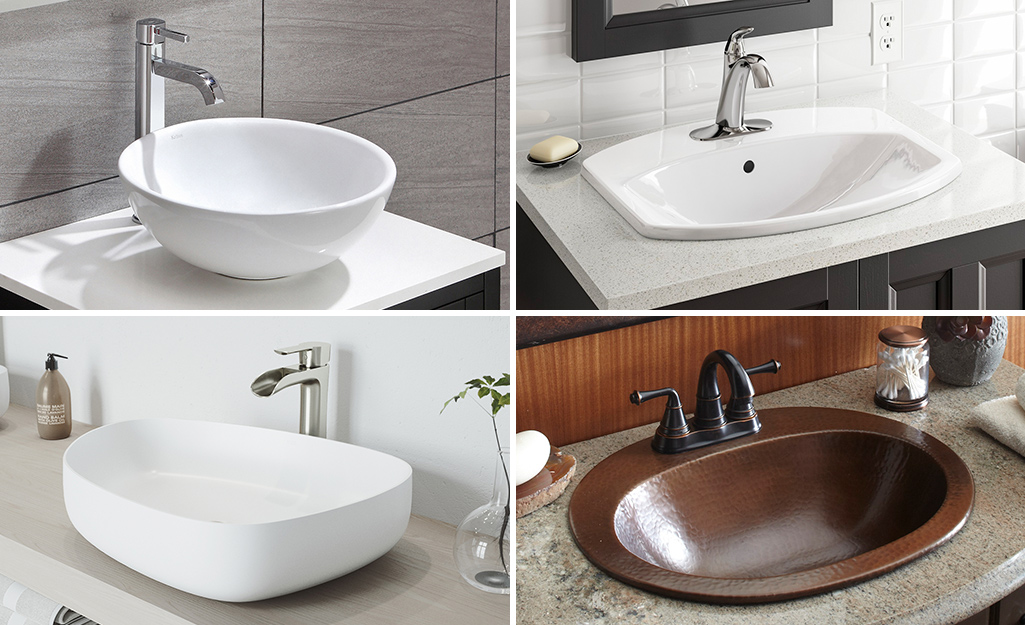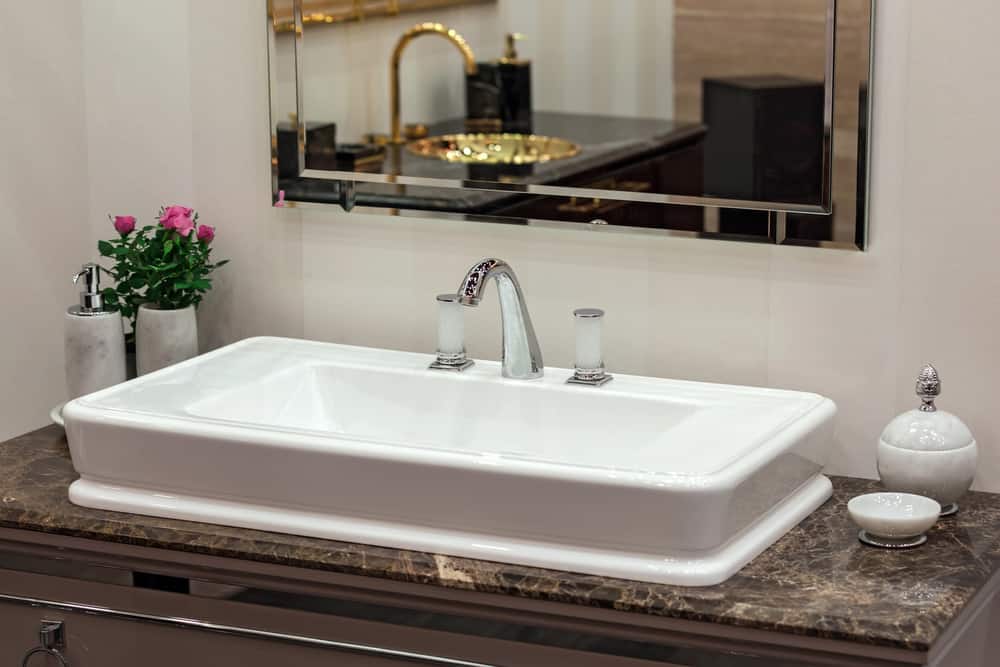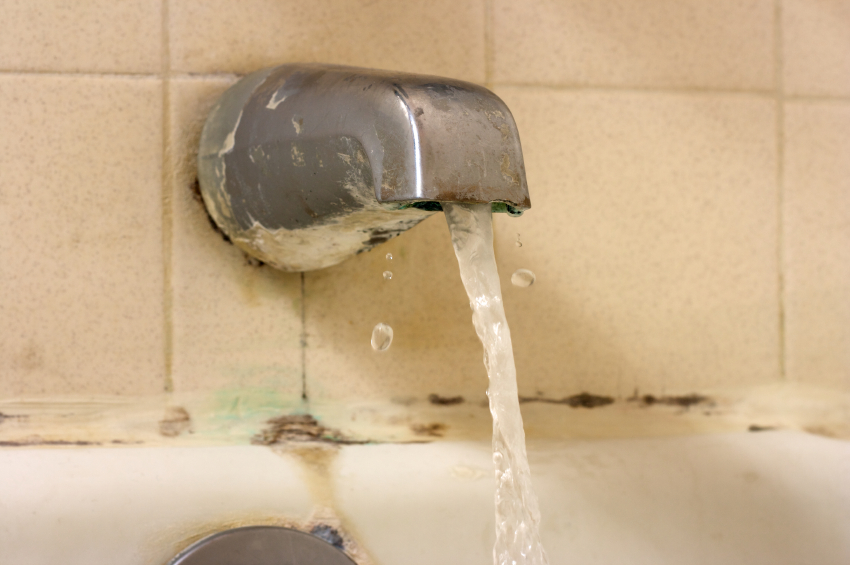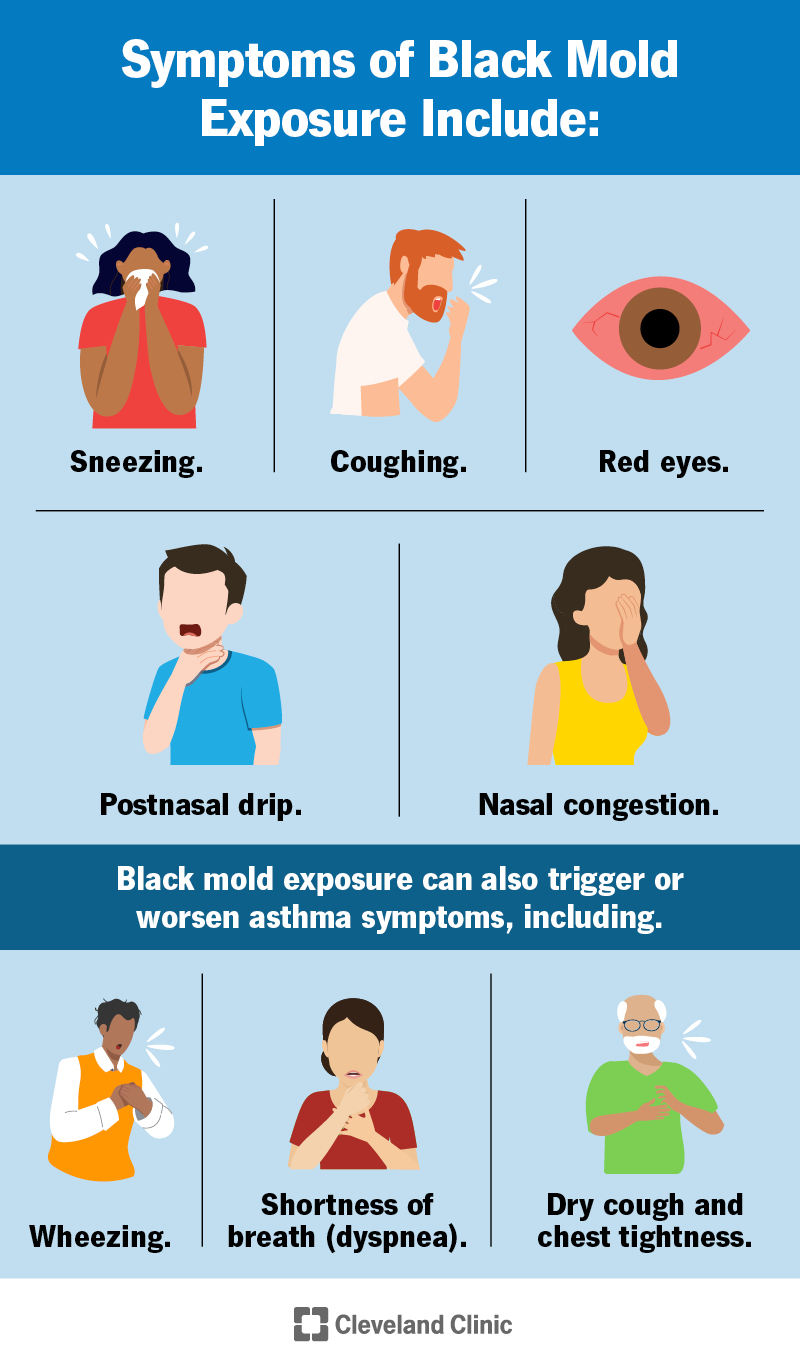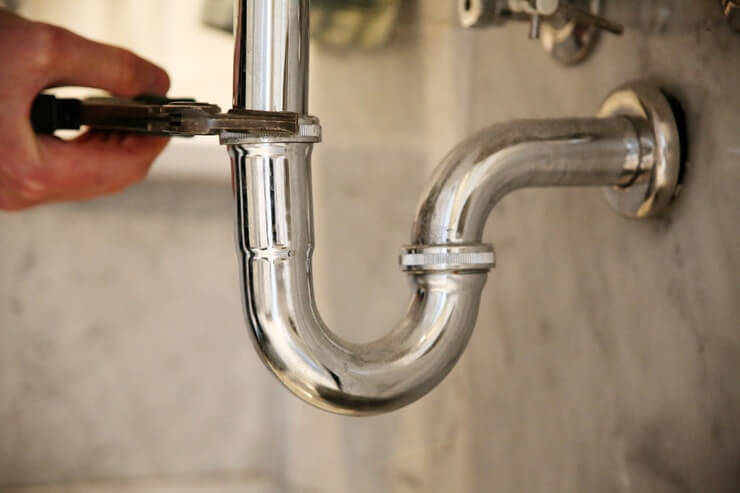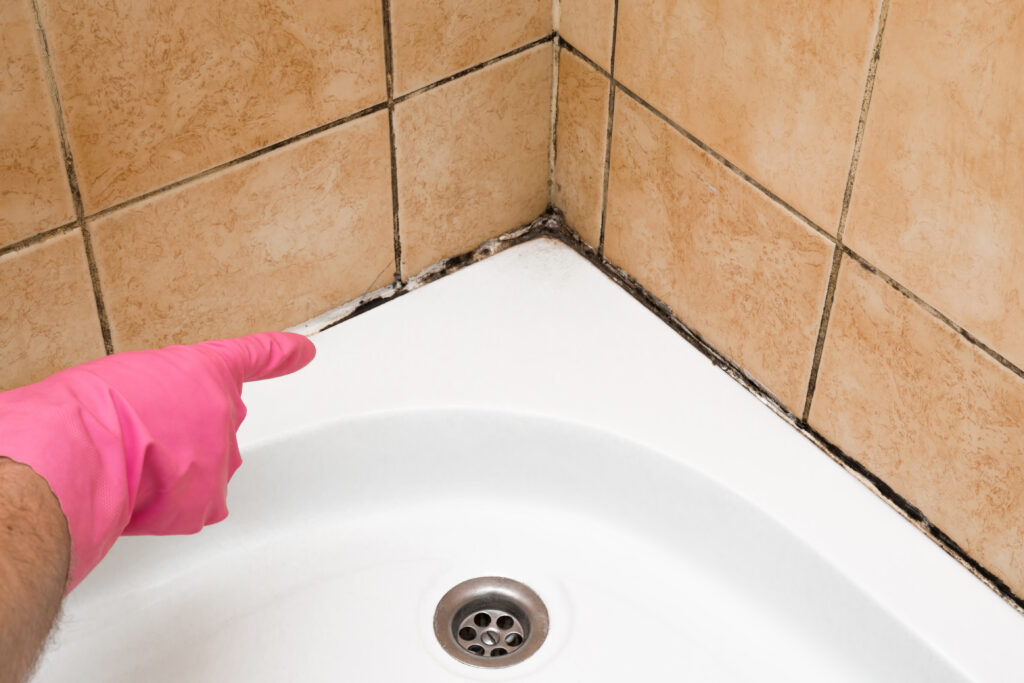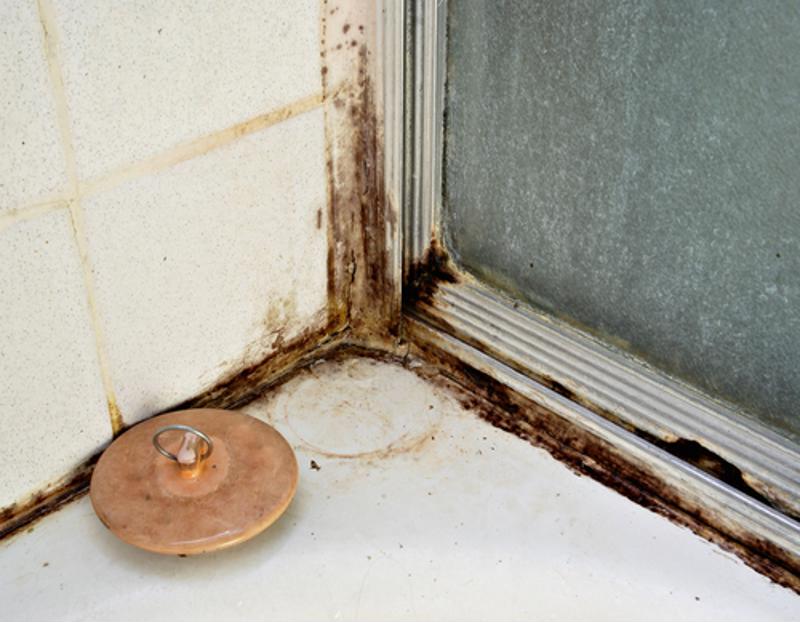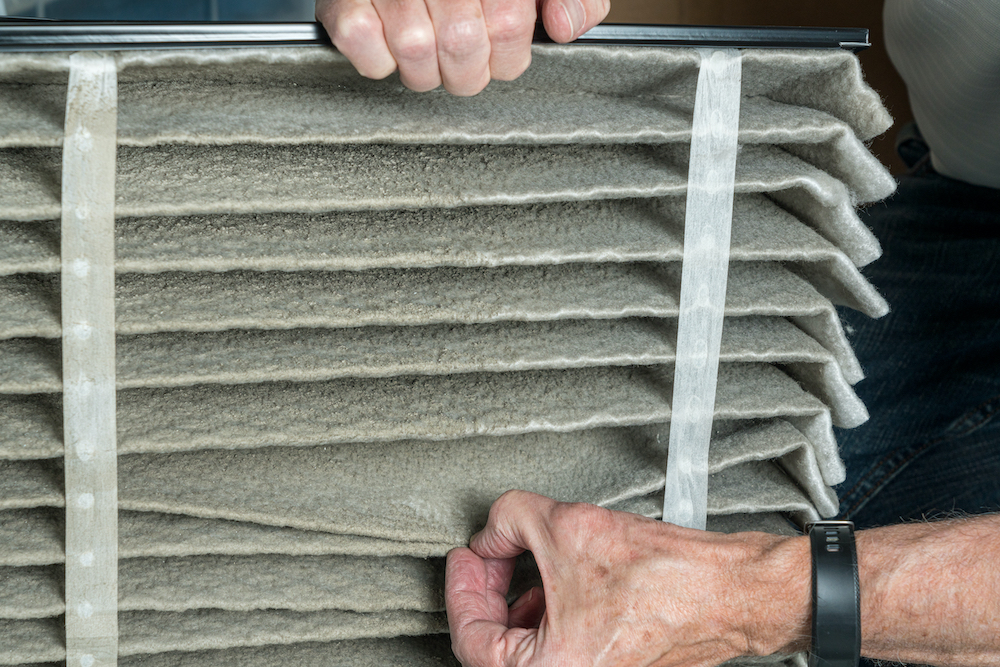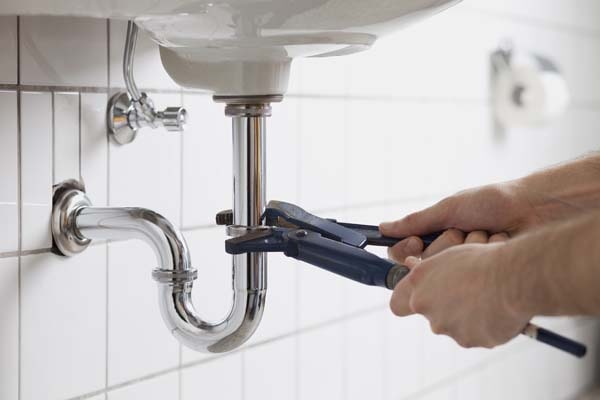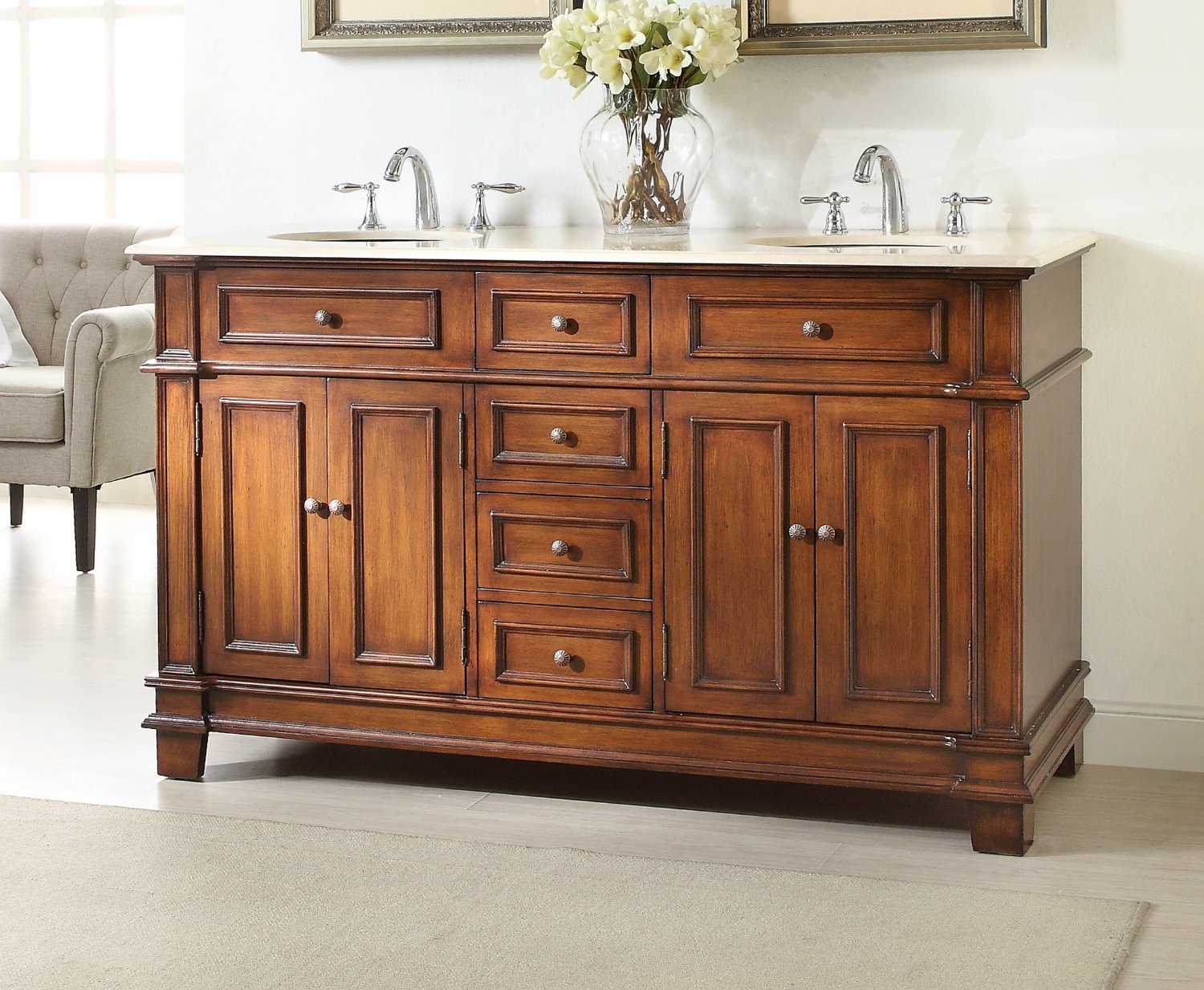Having a moldy smell in your bathroom sink can be unpleasant and even harmful to your health. Not only does it make your bathroom smell musty and damp, but it can also lead to respiratory issues and allergies. In this article, we will discuss the top 10 causes of moldy smell in bathroom sinks and how to effectively get rid of it. Moldy Smell in Bathroom Sink: Causes and Solutions
Before we dive into the solutions, it is important to first understand what causes the moldy smell in your bathroom sink. Most often, it is due to the growth of mold and mildew in the damp and dark environment of your sink. Here are 10 ways to effectively get rid of that unpleasant smell: How to Get Rid of Moldy Smell in Bathroom Sink
The best way to prevent mold and mildew growth is to regularly clean your bathroom sink. Use a mixture of warm water and mild soap to wipe down the sink and its fixtures. You can also use a disinfectant cleaner to ensure all bacteria and mold spores are eliminated. 1. Clean Your Sink Regularly
If you notice mold and mildew growing in your sink, use a mixture of bleach and water to clean it. The strong disinfectant properties of bleach can effectively kill mold and eliminate the musty smell. 2. Use Bleach
Baking soda has natural anti-fungal properties that can effectively remove mold and mildew. Mix baking soda with water to create a paste and use it to scrub the sink and its fixtures. This will not only eliminate the moldy smell but also leave your sink sparkling clean. 3. Scrub with Baking Soda
Similar to baking soda, white vinegar also has anti-fungal properties. Mix equal parts of white vinegar and water in a spray bottle and use it to clean your sink. Let it sit for a few minutes before wiping it off. This will not only remove the moldy smell but also prevent further mold growth. 4. Vinegar Solution
Hydrogen peroxide is a powerful disinfectant and can effectively kill mold and mildew. Mix equal parts of hydrogen peroxide and water in a spray bottle and use it to clean your sink. Let it sit for a few minutes before wiping it off. 5. Use Hydrogen Peroxide
If you notice mold and mildew growing on your sink's fixtures, it may be time to replace them. Old and damaged fixtures can harbor bacteria and mold, making it difficult to get rid of the musty smell. 6. Replace Old Fixtures
Clogged drains can lead to stagnant water, which can create the perfect environment for mold and mildew to grow. Use a drain cleaner or a mixture of baking soda and vinegar to clear out any clogs and keep your sink smelling fresh. 7. Clear Clogged Drains
Leaky pipes and faucets can create a damp environment that is ideal for mold growth. Fix any leaks in your sink or pipes to prevent the musty smell from returning. 8. Fix Leaks
The Importance of Proper Ventilation in Preventing a Moldy Smell in Your Bathroom Sink

The Problem with Moldy Smells in the Bathroom
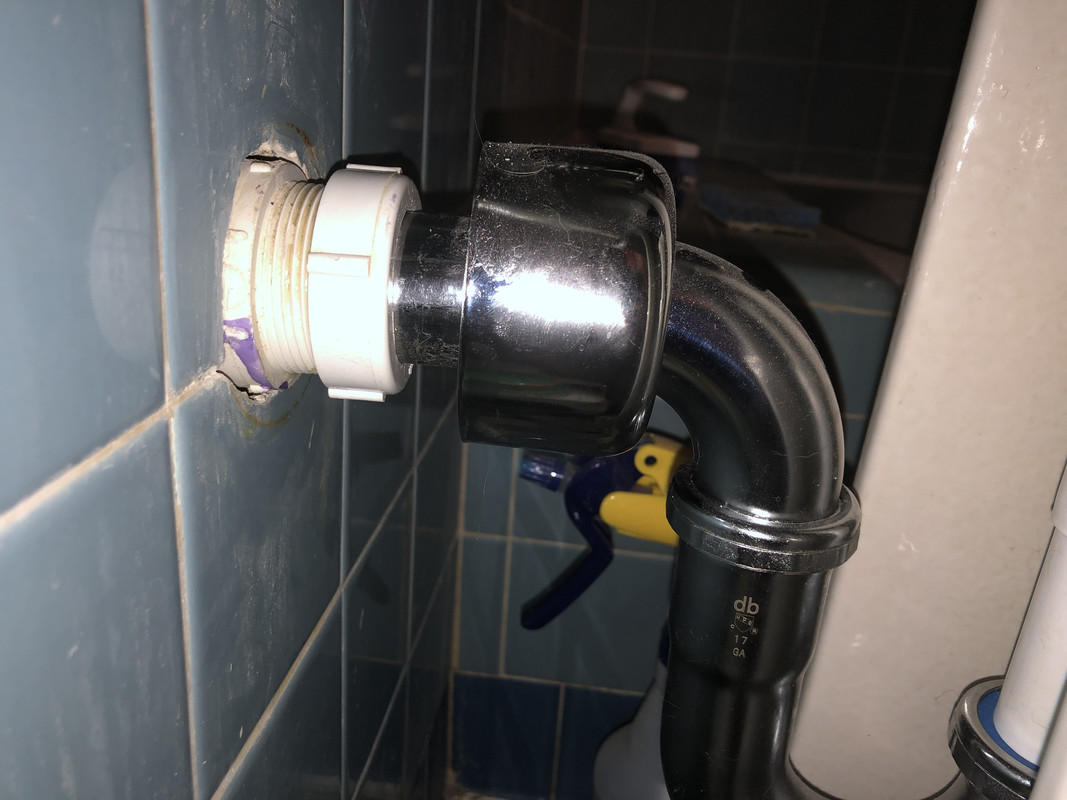 Moldy smell in the bathroom sink is a common issue that many homeowners face. It not only affects the overall aesthetic of your bathroom but can also be a health hazard. The musty odor is a result of mold and mildew growth, which thrives in damp and poorly ventilated areas. Not only can it cause respiratory issues, but it can also damage your bathroom fixtures and surfaces. But before we delve into how to get rid of the moldy smell, it's important to understand the root cause of the problem.
Moldy smell in the bathroom sink is a common issue that many homeowners face. It not only affects the overall aesthetic of your bathroom but can also be a health hazard. The musty odor is a result of mold and mildew growth, which thrives in damp and poorly ventilated areas. Not only can it cause respiratory issues, but it can also damage your bathroom fixtures and surfaces. But before we delve into how to get rid of the moldy smell, it's important to understand the root cause of the problem.
The Role of Ventilation in Preventing Mold Growth
How to Improve Bathroom Ventilation
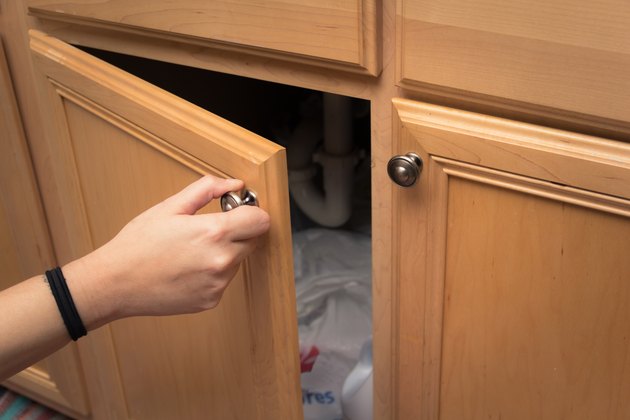 The first step in preventing a moldy smell in your bathroom sink is to ensure proper ventilation. Here are some tips to improve ventilation in your bathroom:
1. Install an exhaust fan:
This is the most effective way to remove excess moisture from your bathroom. Make sure to choose an appropriately sized fan for your bathroom.
2. Keep windows open:
If your bathroom has windows, open them during and after showers to allow fresh air to circulate.
3. Use a dehumidifier:
In areas with high humidity, a dehumidifier can help reduce moisture levels and prevent mold growth.
4. Fix leaks and drips:
Leaky pipes and faucets can contribute to excess moisture in the bathroom. Fixing these issues can help improve ventilation.
5. Keep bathroom clean and dry:
Regularly cleaning and drying your bathroom surfaces can help prevent mold growth.
The first step in preventing a moldy smell in your bathroom sink is to ensure proper ventilation. Here are some tips to improve ventilation in your bathroom:
1. Install an exhaust fan:
This is the most effective way to remove excess moisture from your bathroom. Make sure to choose an appropriately sized fan for your bathroom.
2. Keep windows open:
If your bathroom has windows, open them during and after showers to allow fresh air to circulate.
3. Use a dehumidifier:
In areas with high humidity, a dehumidifier can help reduce moisture levels and prevent mold growth.
4. Fix leaks and drips:
Leaky pipes and faucets can contribute to excess moisture in the bathroom. Fixing these issues can help improve ventilation.
5. Keep bathroom clean and dry:
Regularly cleaning and drying your bathroom surfaces can help prevent mold growth.
The Importance of Regular Maintenance
 Proper ventilation is not a one-time solution. It requires regular maintenance to ensure its effectiveness. This includes cleaning and replacing air filters, checking for any leaks or blockages in exhaust fans, and inspecting the overall ventilation system.
In conclusion, proper ventilation is key to preventing a moldy smell in your bathroom sink. By following the tips mentioned above and regularly maintaining your ventilation system, you can enjoy a clean and fresh-smelling bathroom. Don't let a musty odor take away from the overall design and comfort of your home. Take the necessary steps to ensure proper ventilation in your bathroom today.
Proper ventilation is not a one-time solution. It requires regular maintenance to ensure its effectiveness. This includes cleaning and replacing air filters, checking for any leaks or blockages in exhaust fans, and inspecting the overall ventilation system.
In conclusion, proper ventilation is key to preventing a moldy smell in your bathroom sink. By following the tips mentioned above and regularly maintaining your ventilation system, you can enjoy a clean and fresh-smelling bathroom. Don't let a musty odor take away from the overall design and comfort of your home. Take the necessary steps to ensure proper ventilation in your bathroom today.
